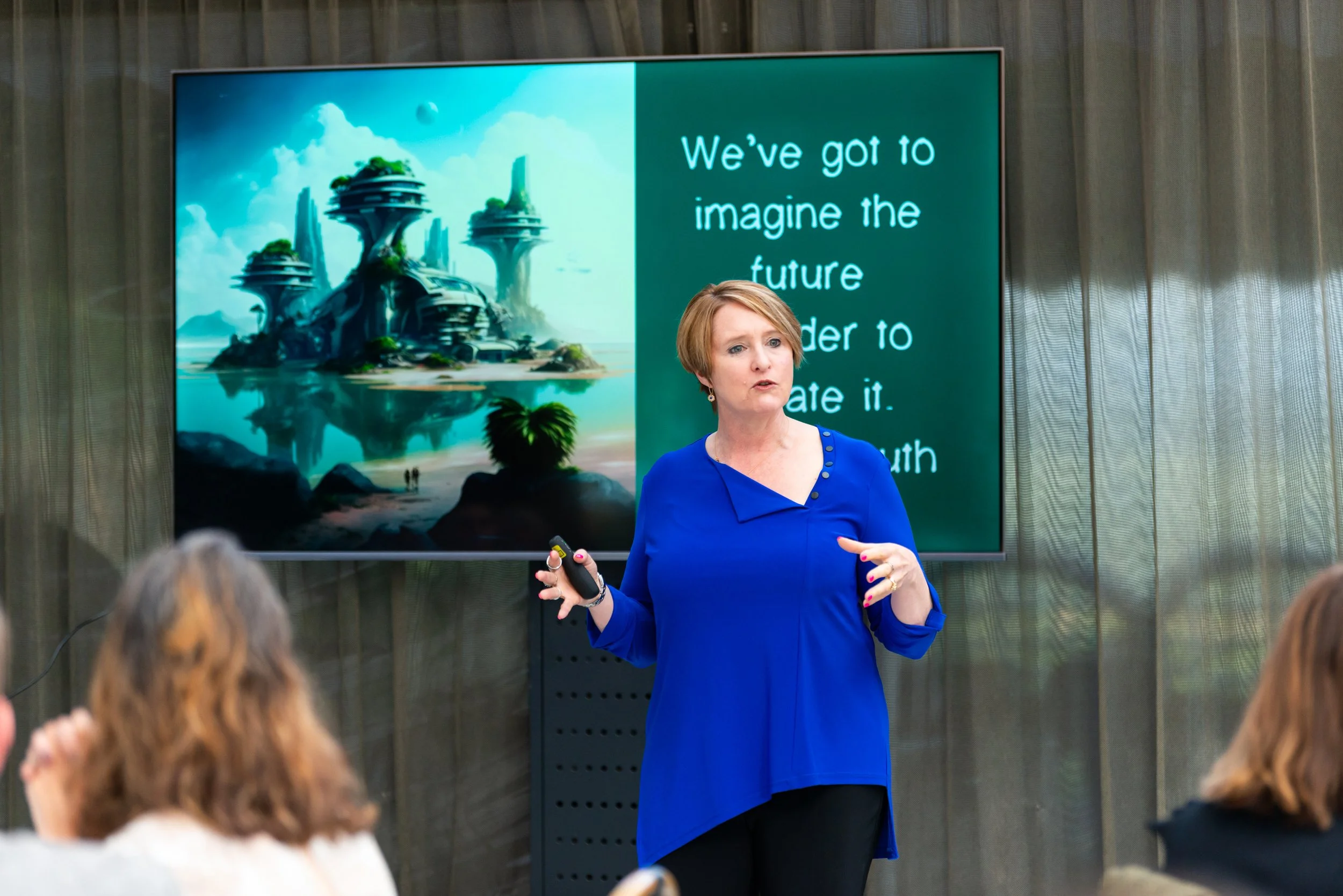Whenever I run a Real Talk Masterclass, the number one issue people say they want help with is how to deal with emotions in difficult conversations. It seems that emotions getting the better of us is the chief derailer. Someone says something provocative and all of a sudden we lose our way, lost in the emotional turbulence.
Leadership skills for disarming emotions
We get hijacked emotionally. Either the other person gets reactive and emotional, or we do, or both. The conversation goes unproductive pretty quickly at this point.
I call disarming the emotions Emotional Aikido. Aikido, a Japanese martial art, has at the heart of its philosophy to disarm the opponent without doing harm to them or us. I like this as an approach in difficult conversations: we want to disarm the emotions before either of us get hurt (by doing or saying something we regret).
The best way to disarm emotions is to prevent their wayward interference in the first place.
How do we prevent emotions from getting the best of us?
Consider the wisdom of Petyr Baelish from Game of Thrones: Fight every battle everywhere:
“Don’t fight in the North or the South. Fight every battle everywhere, always, in your mind. Everyone is your enemy, everyone is your friend. Every possible series of events is happening all at once. Live that way and nothing will surprise you. Everything that happens will be something that you’ve seen before.”
Petyr Baelish (Aidan Gillen) from Game of Thrones
Worst first - a leadership perspective
It starts with preparation for the conversations. Here is one of the best ways to prepare:
Catastrophise.
It sounds counter-intuitive, but imagining the worst can help us preempt it. I first read about this on Tim Ferriss’s blog. He followed it up with a TED talk.
The summary of the process is:
Define — What are the worst things that could happen?
Prevent — How do I prevent each from happening?
Repair — If the worst happens, how can I fix it?
This approach really saved my bacon during a recent event. Beforehand I was anxious about all the things that could go wrong. I’d just imagine over and over all the worst case scenarios, without moving to steps 2 and 3. I stewed in anxiety. My friend Lisa O’Neill walked me through the next steps and we rehearsed together what would happen if my biggest fear (an attendee being unhappy about the event) actually happened. I now had the mindset, the phrasing, and the perspective ready to disable the worst emotional hijack.
Then it actually happened. An attendee was unhappy about the movements of the photographer during sessions. Not expecting this feedback, I started to get defensive. He started to get defensive in return. This was not going well.
Then I remembered the Fear Setting work. I took a deep breath, planted my feet in the ground, and listened to his concerns. I asked questions. I got curious about his perspective. I realised I needed to change some things in our event set up process. I thanked him for sharing. It is indeed hard to give constructive feedback when we are upset by something. It showed he cared enough to let me know. He could have just sat there disgruntled. I did what I could to resolve the situation for him immediately afterwards.
There is no substitute for experience. The more we have difficult conversations, the easier they get. Difficult conversations may stay difficult. What gets easier is our confidence in knowing we can get through the consequences. The best way to do that is to imagine the worst.
Imagining our way through the worst makes the worst seem a little better.
***
Related Articles:
Be Better: How to break the blocks in your leadership
You need courage not confidence to be a Boundless Leader
How to deal with emotions in leadership
***
About the author, Canberra leadership expert Zoë Routh:
Zoë Routh is one of Australia’s leading experts on people stuff - the stuff that gets in our way of producing results, and the stuff that lights us up. She works with the growers, makers, builders to make people stuff fun and practical.
Zoë is the author of four books: Composure - How centered leaders make the biggest impact, Moments - Leadership when it matters most, Loyalty - Stop unwanted staff turnover, boost engagement, and build lifelong advocates, and People Stuff - Beyond Personalities: An advanced handbook for leadership. People Stuff was awarded Book of the Year 2020 by the Smart WFM Australian Business Book Awards.
Zoë is also the producer of The Zoë Routh Leadership Podcast.


